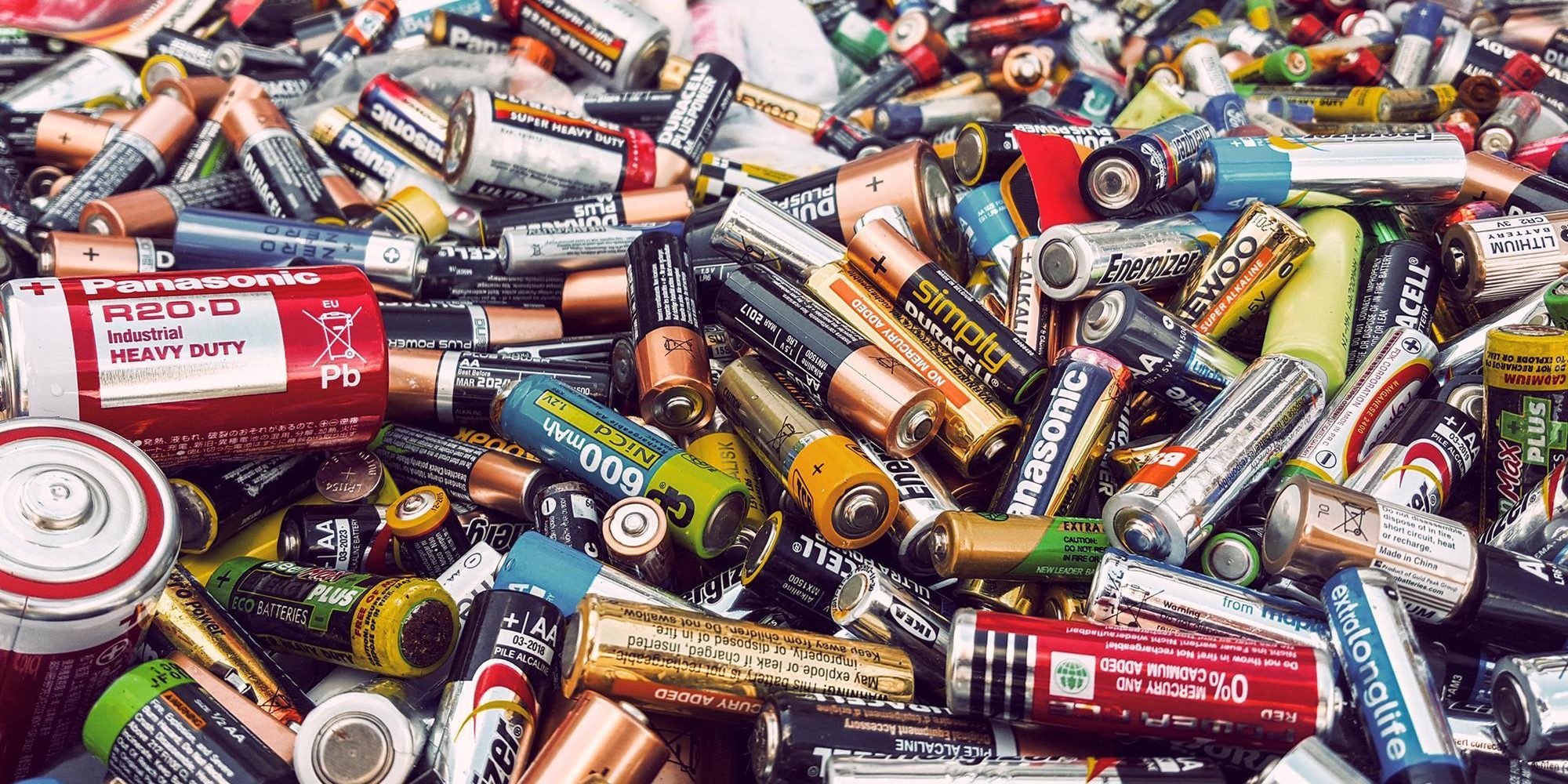National Battery Day is coming up on February 18th, and we want to give you the best guide to the proper handling and disposal of batteries. This guide is provided by Solid Waste Management in Prince William County. Keep reading for safety tips and local methods of recycling!
Choose Certified Products: Look for batteries that are labeled as safety-certified by a nationally recognized testing laboratory.
Handle Lithium-Ion Battery Powered Devices with Care: Be sure to follow the manufacturer’s instructions and only use the charging equipment that comes with the product; do not modify batteries or chargers. Store and charge batteries away from direct sunlight or extreme temperatures. Charge larger devices away from exit paths and behind closed doors. Refrain from charging them overnight.
Always Stay Alert for Warning Signs: Check battery-powered devices often for damage, such as swelling or punctures. Listen for unusual sounds, such as hissing. Watch for excessive heat, strange odors, or smoke.
Recycle Devices and Batteries Properly: Responsibly dispose of old or damaged batteries and devices by taking them to the nearest battery recycling center. Never discard batteries, chargers, or battery-powered devices in regular trash bins.
Additional Battery Storage Tips
- Never touch or allow anything else to touch both terminals at the same time.
- Never store batteries loose, piled, or bagged in such a way that posts can touch.
- Store batteries out of reach of children.
- Small batteries should be stored in their original packaging whenever possible.
- 9-volt batteries should be stored standing up if possible.
- Do not store batteries in “junk drawers” or boxes of assorted items.
- Do not store batteries with or around paper clips, binder clips, coins, silverware, staples, screwdrivers, etc.
- Don’t store different types of batteries together.
- Never burn or expose batteries to flames.
- Be aware that all batteries will eventually leak. Watch for corrosion. Avoid touching corroded batteries with bare hands.
- Even weak or dead batteries will retain enough charge to cause fires or shock, so be careful.
- Never allow batteries to contact water.
- Never allow batteries to contact metal.
- Never take apart a battery.
- Only recharge batteries that are designed to be recharged.
- Any tool used around batteries should be non-conductive.
- Never smoke around batteries.
- Recycle used batteries properly.
Local Recycling Resources
Batteries that are disposed of in the regular trash and decay in landfill sites could leak into the groundwater, which may pollute soil and water in a community. Proper battery disposal prevents pollution, conserves landfill space, and saves metals and minerals that can be recycled and used in new products. Proper preparation of batteries for recycling is essential to prevent fires while in transit. Batteries rubbing together create the risk of sparks and fire. This puts waste management employees, facilities, vehicles, and other property in danger.
Prince William County residents can bring various types of household batteries and lead-acid automotive batteries to the Prince William County Landfill or the Compost Facility during regular operating hours for proper disposal. Importantly, these facilities do not accept hybrid/EV batteries used in electric cars. Contact a car dealership or auto parts retailer for EV battery recycling. In addition to the two county facilities, several retail outlets or battery specialty stores like Batteries Plus and Interstate Battery also make battery recycling convenient for many types of household batteries. Great online resources for battery recycling locations are Earth 911 and Call2Recycle. No matter what recycling location is used, tape over the terminals (ends) of household batteries to prevent them from short-circuiting and possibly causing a fire. Masking tape or non-conductive electrical tape is recommended.
Learn more on battery safety and disposal at https://www.pwcva.gov/news/practicing-proper-battery-care-and-recycling





